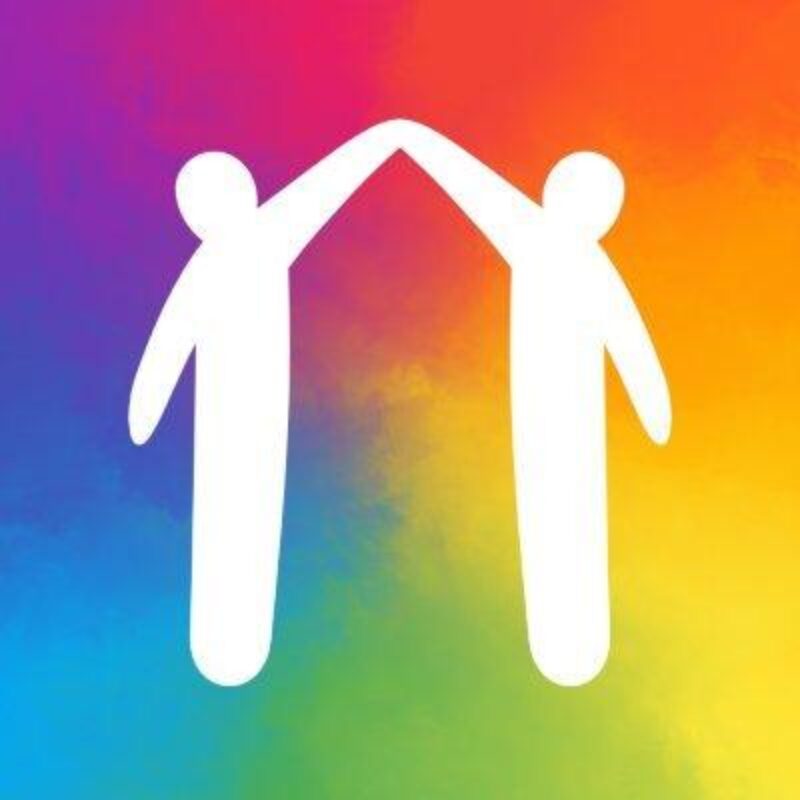Cambridge Labour Party Cambridge Labour Party

Ten days ago, as a last-minute stand in, together with the Mayor, I was asked to speak at the opening of this year’s Cambridge Pride. When gathering thoughts from a variety of people about what I should say, my son reminded me that the longer I spoke the more the revellers would get fed up. “Your role is to be brief, and then get off so the fun can begin”. Always good to get family advice regardless of the bluntness. He was of course right, but in the short two minutes that I spoke it was enough time to reflect on the importance of the City Council, and its members, standing in solidarity with the LGBTQ+ community, and for the city to demonstrate its commitment to being an open, welcoming and diverse city.
This principle of Cambridge being a ‘welcoming’ city for all must be more than warm words. We must all demonstrate these beliefs in practical actions. Cambridge has long been a city of sanctuary, a pledge we make to our residents to create a ‘culture of solidarity, inclusivity and welcome’ for those fleeing war and persecution. In 2016, Cambridge Ethnic Community Forum was commissioned to conduct a piece of research on asylum seekers and refugees living in Cambridge, and their report highlighted this tradition of sanctuary. Over the last year, the Council has supported the resettlement of 684 refugees, but Cambridge has been welcoming people for many years, ‘from Basque children fleeing the Spanish civil war, Jewish Kindertransport, Vietnamese, Bosnian and Chilean communities, through to more recently Syrian refugees’.
This isn’t just about being a welcoming city, but about ensuring newcomers can connect with the local community whilst at the same time live independent lives. They have much to offer the future of Cambridge and we must do what we can to enable that to happen. As much as housing is a primary need, the Council and its partners provide ongoing support to refugees for a number of years, including bespoke cultural and language specific family support, whether it be to access healthcare, education or other support. Our United with Ukraine community grant is an example of this work in action. It means local community organisations or small groups of residents can run projects to support people from Ukraine living in Cambridge. The grant funding can be used for projects that focus on five priority areas: navigating life in the UK, promoting community cohesion and integration, delivering money advice, supporting access to employment, increasing confidence in speaking English, and enhancing wellbeing. So far, we’ve awarded just over £38,000 to 12 projects that help people navigate life in the UK.
Returning to where I started, this year was the third time that Pride was celebrated in the city, after years of the Pink Festival bringing people together. In comparison, last Wednesday, the 810th Midsummer Fair will be opened by the Mayor together with other civic dignitaries. The Midsummer Market and Fair dates back to a charter granted by King John in 1211 and is one of the oldest fairs in England. From its medieval origins, Midsummer Fair is now a proud celebration of Irish Travellers and Romany Gypsy culture. These communities have travelled to and traded at the fair for hundreds of years and it is an absolute pleasure to welcome our visitors back to the city. Whether you’re celebrating this June at Pride or Midsummer Fair, both demonstrate much that is good about our city.
